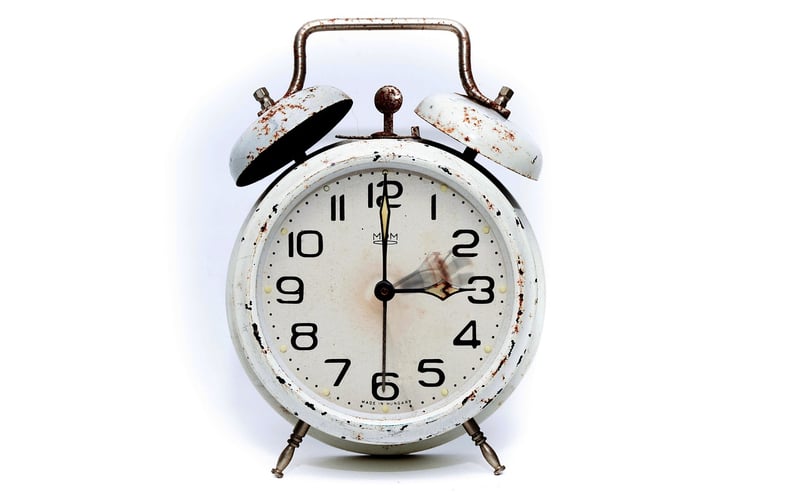Predestination Paradox
Unraveling Temporal Conundrums: Exploring the Predestination Paradox

Time travel has long been a fascinating concept that has captured the imagination of many. One of the most intriguing aspects of time travel is the presence of temporal conundrums, particularly the Predestination Paradox. Let's delve into this complex phenomenon and try to make sense of it.
Temporal Conundrums
Temporal conundrums are situations in which the timeline of events becomes twisted or looped, leading to logical inconsistencies. One of the most well-known temporal conundrums is the Predestination Paradox.
Predestination Paradox
The Predestination Paradox, also known as a causal loop, occurs when a time traveler unknowingly influences past events in a way that ensures their own future actions. This creates a loop where the past, present, and future are interconnected in a self-reinforcing cycle.
Imagine a scenario where a time traveler goes back in time to prevent a catastrophic event. However, their actions inadvertently lead to the same event occurring, thus necessitating the time traveler to go back in time in the first place. This paradox raises questions about free will, determinism, and the nature of causality.
Resolving the Paradox
While the Predestination Paradox may seem like an unsolvable enigma, some theories attempt to explain it. One such theory suggests the existence of parallel universes or timelines, where each iteration of events occurs in a separate reality.
Conclusion
Temporal conundrums like the Predestination Paradox challenge our understanding of time and causality. Whether these paradoxes are mere thought experiments or could have real-world implications remains a subject of debate among physicists, philosophers, and science fiction enthusiasts.
Next time you ponder the possibilities of time travel, remember the intricate nature of temporal conundrums and the enigmatic Predestination Paradox.
